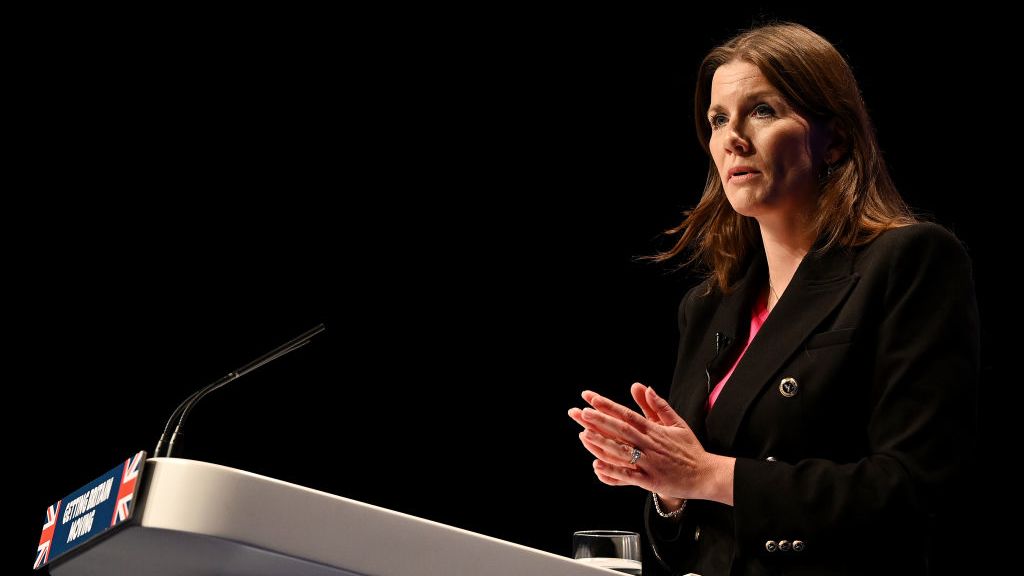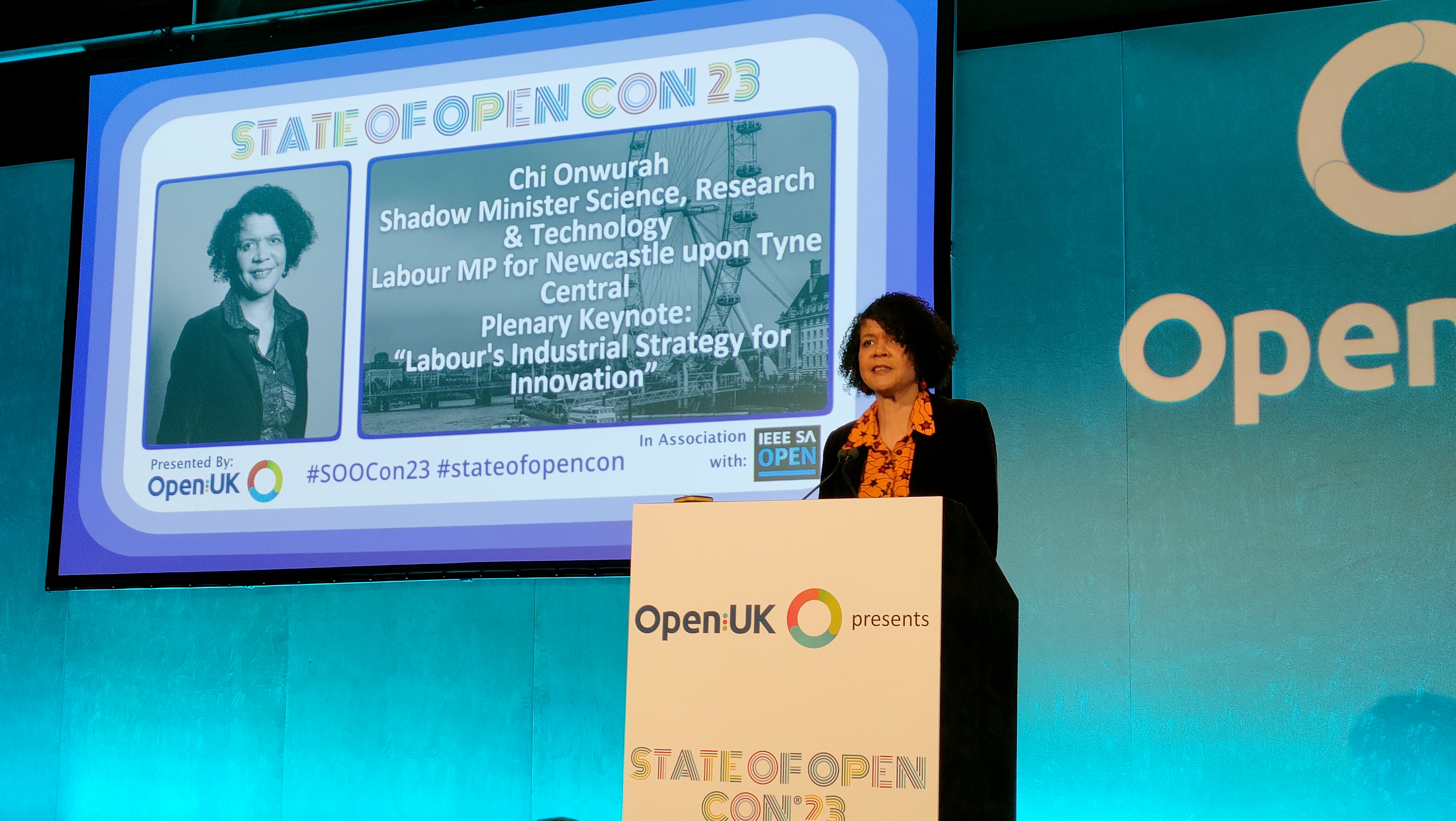MPs propose web anonymity crackdown
A Joint Committee report says if a complaint is made about an anonymous comment online, the offending post should be removed.


MPs have proposed plans to crack down on defamatory comments posted anonymously on the web.
In a response to the Government's draft Defamation Bill, a Joint Committee report recommended updates to the law to make website owners more active in monitoring comments, whilst protecting them if they act quickly to remove defamatory posts.
It is essential that the ability to post and publish anonymously online is protected and this report does not go far enough to explain how this can be done.
Under what the committee called a "new notice and take-down procedure," if a complaint is made about an anonymous post, it should be removed from the website immediately unless the author promptly identifies themselves after being requested to do so.
"If the internet service provider believes that there are significant reasons of public interest that justify publishing the unidentified materialfor example, if a whistle-blower is the sourceit should have the right to apply to a judge for an exemption from the take-down procedure and secure a "leave-up" order," the report read.
"We do not believe that the host or service provider should be liable for anonymous material provided it has complied with the above requirements."
Complaints about posts from identifiable contributors should be published alongside the relevant material.
Get the ITPro daily newsletter
Sign up today and you will receive a free copy of our Future Focus 2025 report - the leading guidance on AI, cybersecurity and other IT challenges as per 700+ senior executives
What we think...
Anonymity is a huge problem for the internet. Whilst one could argue that attacking anonymity is a threat to freedom of speech, it is hard to argue against the point that freedom of speech should only be permitted for those who are willing to be identified.
If the information being posted is genuinely of worth to the general public, however, then it would be right in certain cases to permit that anonymity.
It is a tricky question for the web's regulators to answer. It will be difficult to find an outcome that upsets as few people as possible.
Tom Brewster, Senior Staff Writer
If sued for defamation because of that post and they have not published the complaint, website owners "can only rely on the standard defences available to a primary publisher."
Complainants would also be able to apply for a court order to have the post taken down. In that case, the post's author would be contacted as well and they would be able to make their arguments for why the comment should remain or be deleted.
The committee said identifying anonymous users by seeking a court order against the host or ISP would not be quick, cheap or guarantee a successful outcome.
"Specifically we expect, and wish to promote, a cultural shift towards a general recognition that unidentified postings are not to be treated as true, reliable or trustworthy," the Joint Committee report read.
"The desired outcome to be achieved - albeit not immediately - should be that they are ignored or not regarded as credible unless the author is willing to justify or defend what they have written by disclosing his or her identity."
Words of warning
Some have warned that the proposals would threaten the positive aspects of web anonymity.
"It is essential that the ability to post and publish anonymously online is protected and this report does not go far enough to explain how this can be done," Nick Pickles, director of the Big Brother Watch, told IT Pro.
"If people are posting defamatory material, publishers have a duty to remove that content. What is essential is that any take down process must follow due process and ensure that the law cannot be abused by larger parties to censor uncomfortable content - as is often the case under existing law."
Tom Brewster is currently an associate editor at Forbes and an award-winning journalist who covers cyber security, surveillance, and privacy. Starting his career at ITPro as a staff writer and working up to a senior staff writer role, Tom has been covering the tech industry for more than ten years and is considered one of the leading journalists in his specialism.
He is a proud alum of the University of Sheffield where he secured an undergraduate degree in English Literature before undertaking a certification from General Assembly in web development.
-
 Should AI PCs be part of your next hardware refresh?
Should AI PCs be part of your next hardware refresh?AI PCs are fast becoming a business staple and a surefire way to future-proof your business
By Bobby Hellard Published
-
 Westcon-Comstor and Vectra AI launch brace of new channel initiatives
Westcon-Comstor and Vectra AI launch brace of new channel initiativesNews Westcon-Comstor and Vectra AI have announced the launch of two new channel growth initiatives focused on the managed security service provider (MSSP) space and AWS Marketplace.
By Daniel Todd Published
-
 UK financial services firms are scrambling to comply with DORA regulations
UK financial services firms are scrambling to comply with DORA regulationsNews Lack of prioritization and tight implementation schedules mean many aren’t compliant
By Emma Woollacott Published
-
 What the US-China chip war means for the tech industry
What the US-China chip war means for the tech industryIn-depth With China and the West at loggerheads over semiconductors, how will this conflict reshape the tech supply chain?
By James O'Malley Published
-
 Former TSB CIO fined £81,000 for botched IT migration
Former TSB CIO fined £81,000 for botched IT migrationNews It’s the first penalty imposed on an individual involved in the infamous migration project
By Ross Kelly Published
-
 Microsoft, AWS face CMA probe amid competition concerns
Microsoft, AWS face CMA probe amid competition concernsNews UK businesses could face higher fees and limited options due to hyperscaler dominance of the cloud market
By Ross Kelly Published
-
 Online Safety Bill: Why is Ofcom being thrown under the bus?
Online Safety Bill: Why is Ofcom being thrown under the bus?Opinion The UK government has handed Ofcom an impossible mission, with the thinly spread regulator being set up to fail
By Barry Collins Published
-
 Can regulation shape cryptocurrencies into useful business assets?
Can regulation shape cryptocurrencies into useful business assets?In-depth Although the likes of Bitcoin may never stabilise, legitimising the crypto market could, in turn, pave the way for more widespread blockchain adoption
By Elliot Mulley-Goodbarne Published
-
 UK gov urged to ease "tremendous" and 'unfair' costs placed on mobile network operators
UK gov urged to ease "tremendous" and 'unfair' costs placed on mobile network operatorsNews Annual licence fees, Huawei removal costs, and social media network usage were all highlighted as detrimental to telco success
By Rory Bathgate Published
-
 Labour plans overhaul of government's 'anti-innovation' approach to tech regulation
Labour plans overhaul of government's 'anti-innovation' approach to tech regulationNews Labour's shadow innovation minister blasts successive governments' "wholly inadequate" and "wrong-headed" approach to regulation
By Keumars Afifi-Sabet Published